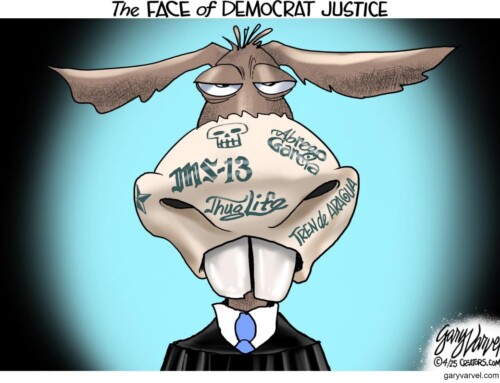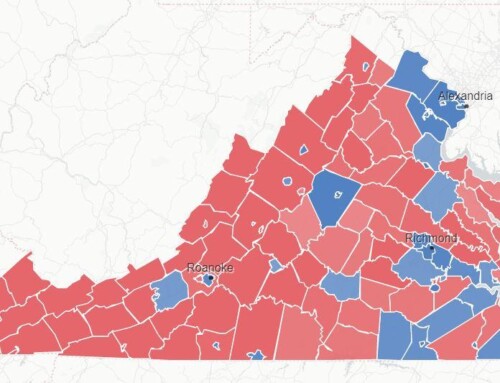A review of bills that are passing through the House and Senate shows that both houses are keen on spending your money in support of Big Government goals. If you thought years ago that you were Taxed Enough Already, the combined impact of the large-ticket bills currently under consideration will make your head explode. Each of the following bills individually is a big spending bill, but when combined with other bills, it creates a multiplier that boosts the overall spending to unprecedented levels and potentially into a financial death spiral.
First, HB1/SB1 increases the minimum wage and puts in place an increase factor for future years. The first full year cost estimate is around $18 million. This is only for general and non-general funds for Central Appropriations, DMAS, and the State Compensation Board. This expenditure will rise to approximately $700 million by 2030. Not included in this fiscal impact is the cost to local employees, public education, contracted services, and capital outlay. This alone will cause an inflationary ripple that will travel up the entire compensation schedule as each pay band finds itself competing with the higher pay of the lower rung. Note: when a business has increased baseline costs, such as salaries and materials, those costs get passed through to the consumer through higher prices.
The second big ticket is mandatory sick leave for all who are paid in a fee-for-service arrangement, with few exceptions. (HB348) Luckily this bill has been continued until the 2025 session. DMAS, as an employer of healthcare attendants, anticipates expenditures of $7.4 million first year, and $22 million in 2030. There is about $1 million per year in enforcement costs. The inflationary effects on the private sector will lead to higher consumer costs across the board.
Expansion of collective bargaining to all state and local employees (SB374) will have an impact of about $1million per year in bureaucratic infrastructure, plus an update to the Department of Accounts of about $8 million. The fiscal impact anticipates at least 35 different bargaining units, and perhaps quite a few more, depending on how groups are created. Nothing in this bill addresses the impact of collective bargaining on the total cost to the Commonwealth and its localities in increased hourly pay and increases in benefits, reduction of work hours and/or responsibilities, all of which will all bring about greater expenses over and above the effects of the minimum wage increase. Unions have moved beyond demands for a minimum wage and are pushing for a “living wage” for their members, which translates into a salary and benefits sufficient to cover all the needs of a worker and their family, covering all routine costs and enough for unexpected expenses.
Another bill that will contribute to the spiraling upward of costs is the bill requiring that teacher and support staff pay be at or above the national average (SB104). This will require $250 million in fiscal year 2026, and could be as much as $445 million. This does not consider the local share of costs. Nor does it consider the upward spiral created by other states increasing their compensation to average or above, thus pushing Virginia teachers’ pay ever higher in order to remain at the average. If the national average becomes the prescribed minimum, what will teachers’ unions be asking for?
So, in conclusion, localities will have to increase their revenues substantially in order to cover costs associated with these bills. Personnel costs are set to explode, and if inflation speeds up, demands for pay increases will rise even further. If these bills pass, expect massive increases in taxes, followed by service reductions and personnel layoffs when the revenue fails to match the needs, because Virginia is not allowed to carry a deficit. Message your delegates and senators, as the bills go to the other house at crossover, to hold the line and reject the massive spending spree. If these bills are not stopped, we can only hope that the Governor and his team look at these bills together and veto them to forestall the horrendous budget-busting spending that will be required to cover just these items!





